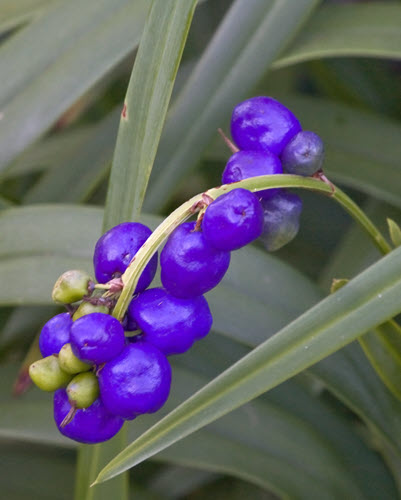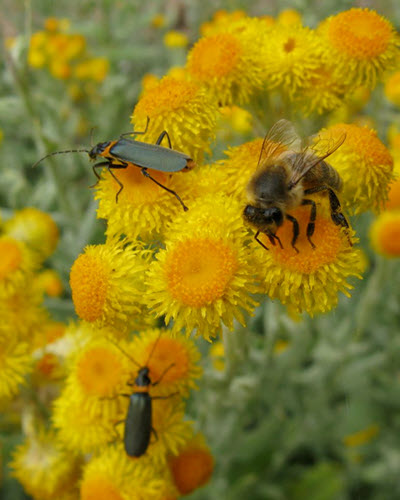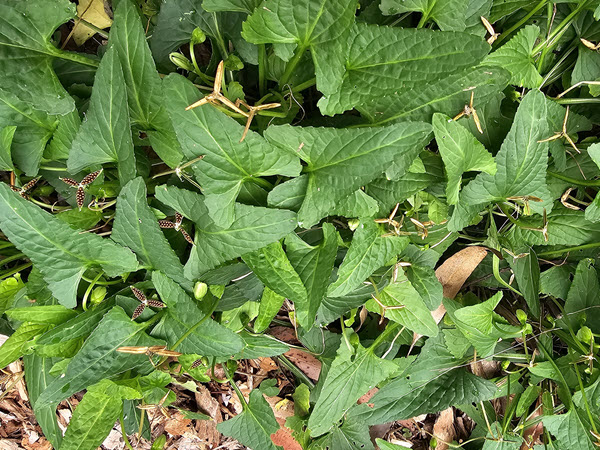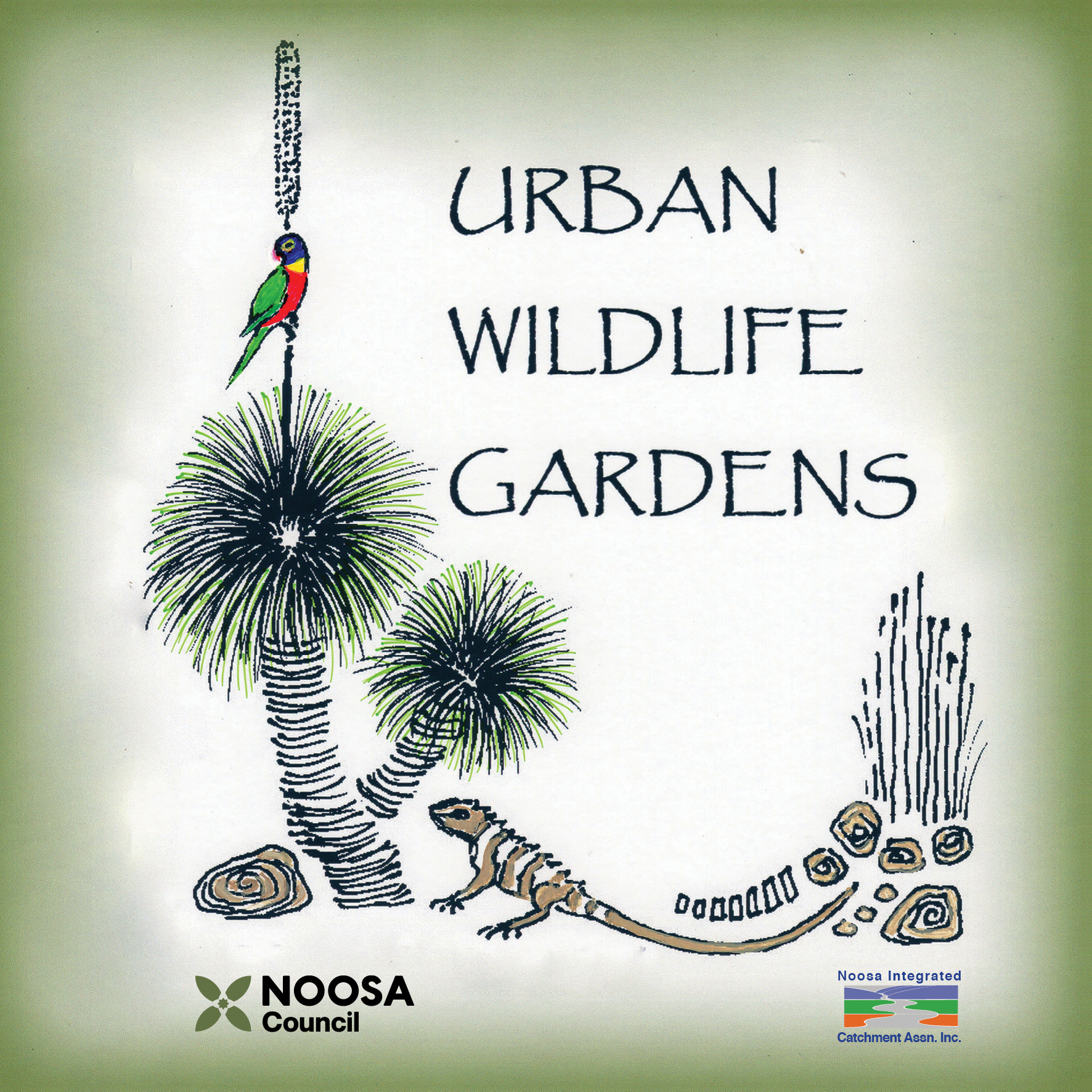Planting out a garden can be expensive exercise, particularly if you have a large space to fill. Some gardeners like to propagate their own plants which can save a lot of money. But what if there were plants that self-propagate and create free plants with no effort from us?
Here we discuss 5 attractive native plants which will readily self-seed in your garden. They are suitable for small courtyards up to large-scale gardens, and will provide food and habitat for butterflies and other pollinating insects as well as native birds and frogs.
These plants can be considered ‘volunteers’ because they generously do the work for us without receiving anything in return! You can leave new seedlings where they pop up to fill gaps, transplant them elsewhere in the garden or even pot them up to give away to friends and family.
Yellow buttons – Chrysocephalum apiculatum
A hardy low-growing groundcover with silvery foliage and abundant yellow button-like flowers the whole year! Loves sun and good drainage and will readily self seed. Attracts native bees, butterflies and other insects.
Native arrow-leaved violet – Viola betonicifolia
A clumping low-growing violet with an abundance of elegant purple flowers in spring. Likes a shady spot, moderate water and will self-seed in a short time. Exclusive host plant for the endangered Australian fritillary butterfly.
Slender sedge – Cyperus mirus and Cyperus gracilis
A cute, tufting sedge with soft, bright green foliage like an unruly head of hair. Low growing and very adaptable, will self-seed and form a ground cover around the parent plant. Great frog habitat
Flax Lilly – Dianella sp.
A strappy neat foliage plant w beautiful purple flowers that attract native insects. Produces bright purple berries that are loved by birds who will generously distribute the seed around your garden. Extremely hardy and frog habitat too!
Knobby club rush – Ficinia nodosa
A strappy little sedge with slender arching foliage and distinctive knobby seed heads. Ideal for planting around ponds but also handles dry situations very well. Frog habitat.
Why not give some of these volunteers an opportunity to thrive in your garden? You can find them at your local community nursery including Noosa and District Landcare Nursery and Coolum Community Native Nursery.
Sarah Lawson



Viola betonicifolia
